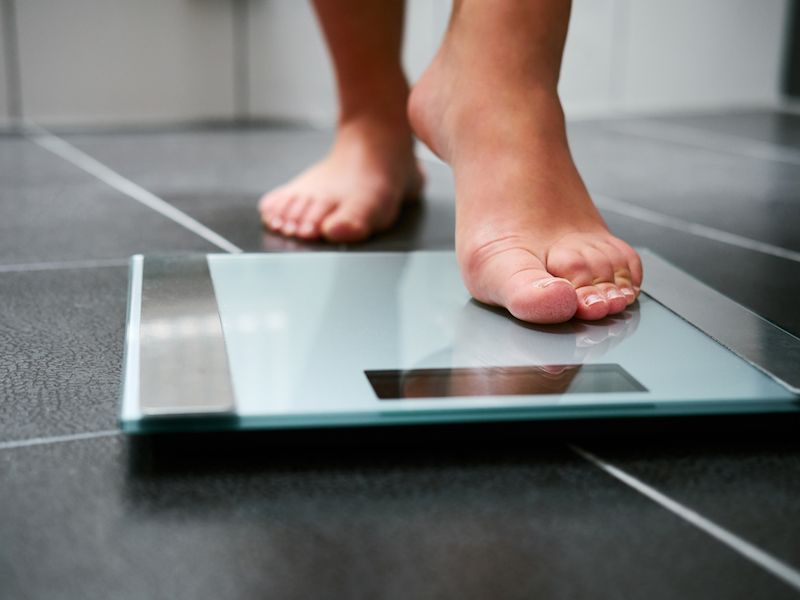
We’ve long known that eating too much is harmful to our health, this is especially true over longer periods of time. There are quite a few health conditions related to obesity. Heart disease, high cholesterol, diabetes, and you can add hearing loss to the list, as well. It’s estimated that around 48 million individuals in the U . S ., hearing loss is a problem for around 20% of the U.S population, and roughly double that amount of adults, 93 million, are obese. These figures are shocking and point to a significant health issue throughout the country.
How Is Being Overweight Connected to Loss of Hearing?
Numerous studies have demonstrated that loss of hearing and being overweight have a connection. Specifically what that link is, is still being investigated, it’s thought that being overweight is connected to loss of hearing because the circulatory system is impacted. Additionally, obesity is linked to diabetes and high blood pressure, which are also connected to hearing loss.
Sound in the ear is detected by little hairs in the inner ear. In order to function correctly, these small hairs, called stereocilia, require a steady blood flow. Due to obesity, the flow of blood is restricted throughout the body because, so they can keep the blood flowing throughout the body, the heart must do extra work, which means that there is not enough blood flow available to your ear. This could irreversibly damage the ears. Diabetes, high blood pressure, and heart disease affect the inner ear in a similar way, as each of these illnesses negatively effects your circulation.
It’s extremely necessary to keep your weight under control as you get older since age-related hearing loss and high-fat mass index are also related. Your body’s metabolism doesn’t work as fast or as well as it did in the past, which is the reason why you should try to create good habits when you’re younger and stick with those habits as you age.
A healthy diet and exercise are excellent for your overall health and your hearing.
Treatments For Obesity-Associated Loss of Hearing
It’s a possibility that you may not be capable of recovering your lost hearing if it’s brought on by obesity, nevertheless, so that you can find out how significant your hearing loss is, it’s beneficial to have your ears tested. If you have irreversible injury, you might require a hearing aid or other device to start hearing properly again.
If the damage is only minor, you may want to consult your doctor about developing a diet and exercise program to lessen the effect your weight has on your health before it gets any worse. Your doctor should recommend a cardio intensive exercise program that will get your blood pumping and strengthen your general health. There will be, more than likely, other improvements in your life too, mental health, for example, since consistent exercise will reduce depression according to a lot of research.
How Can You Avoid Obesity-Related Loss of Hearing?
A healthy diet and a day to day exercise strategy are important to avoiding obesity-related health conditions including heart disease, diabetes, and high blood pressure. staying healthy will also assist in keeping your ears in good shape. One way to get started is to consult with a nutritionist who can help develop a strategy that is personalized for you and is targeted on assisting you to attain your goals. The task of the nutritionist is to make certain you’re eating the correct mix of nutrients in healthy foods, like foods that have plenty of iron, because of course, a lack of iron in your diet can result in tinnitus and cause hearing loss.
Find out more concerning hearing loss and the solutions available to let you hear better.
